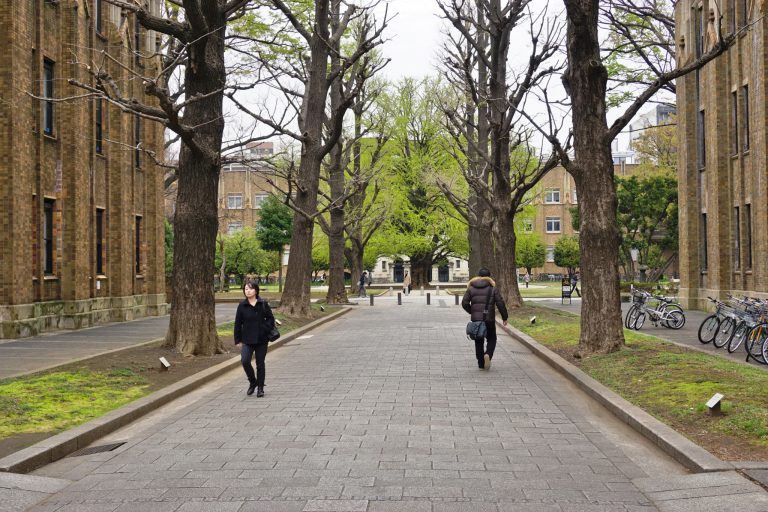
The education ministry of Japan has mitigated proposals for higher education reform. The shift comes after the government announced intentions to advocate science courses over the humanities and social sciences in June 2015, sparking outrage among the Japanese academic community.
Nevertheless, the government remains intent on implementing drastic change within the higher education sector. Universities are currently constructing reform plans which must include courses that fit to the government’s new National University Development Plan.
From April this year until 2022, the Japanese government will be allocating funding depending on how well the universities plan to implement the country’s vision of reform in higher education within their own institution.
Recent policy failures and new reform trends in Japanese higher education. https://t.co/F1BpP6SIvd pic.twitter.com/E8Chft0trX
— Nippon.com (@nippon_en) January 27, 2016
Approximately 50 percent of Japan’s 86 state-funded universities have drawn up their reforms, which the government are due to approve by the end of March.
Last year, the Yomiuri Shimbun newspaper conducted a survey among Japanese university presidents to uncover how many agreed with the ministry’s plan to cut the humanities and social sciences from the university curriculum, after the government demanded universities to “take active steps” to renovate the higher education sector in order to “better serve society’s needs”.
Around 26 out of the 60 national universities that incorporate humanities and social science programmes claimed they would shut down these departments from the 2016 academic year or beyond.
#Japan: While some cash-strapped universities heed call to drop #humanities, others diversify. https://t.co/wGCqQwi24Q #highered #innovation
— UniversityWorldNews (@uniworldnews) January 28, 2016
Japanese education professionals are pleased to hear that universities are no longer being urged to cut these provisions, but many institutions have already announced brand new courses as part of their reform plans. Many also plan to increase their foreign student and foreign faculty intake in line with the ministry’s aim for higher education to embrace internationalisation.
Last year, Makoto Gonokami, President of the University of Tokyo, Japan’s most highly ranked global institution, proposed changes to the way the University would be managed in a Vision 2020 statement. He stressed support for increased overseas collaboration and urged fellow university professionals to accommodate diversity within their academic provisions as well as their student bodies.
Gonokami also questioned the future of Japanese higher education in the document, citing factors like a population that is rapidly aging and colossal financial deficits among the main reasons why national universities can no longer rely on state grants.
I think the evaluation by the international third party such as the Times Higher Education is very important to Japanese universities.
— 佐藤裕一 (@Y_Sato_chess) January 9, 2016
But Tokyo University, along with Kyoto University – the country’s most highly rated university after Tokyo – announced they would not be dropping social science and humanities-based subjects from the curriculum since they have no shortage of applicants for these subjects. But while these institutions call for diversity, a number of less prestigious Japanese universities have no choice but to cut the humanities due growing financial instability caused by the government cuts.
The government hopes these reforms will help produce more world-class research from within Japanese institutions, and encourage ‘globally minded’ graduates who will contribute to society and become future leaders. They are also hoping to boost 10 Japanese institutions into the World’s Top 100 as opposed to the two – Tokyo and Kyoto – currently featured in the rankings.
A number of academics view the reforms as only short-term, with a focus merely on gaining international recognition rather than introducing long-term improvements for effective change. Other academics claim their institution had already made plans for reform long before the education ministry’s agenda was made public.
Additional reporting by University World News.
Image via Shutterstock.
Liked this? Then you’ll love these…
Japanese Professor claims he can read your thoughts
Reforms needed to make Turkish HE a true global contender







